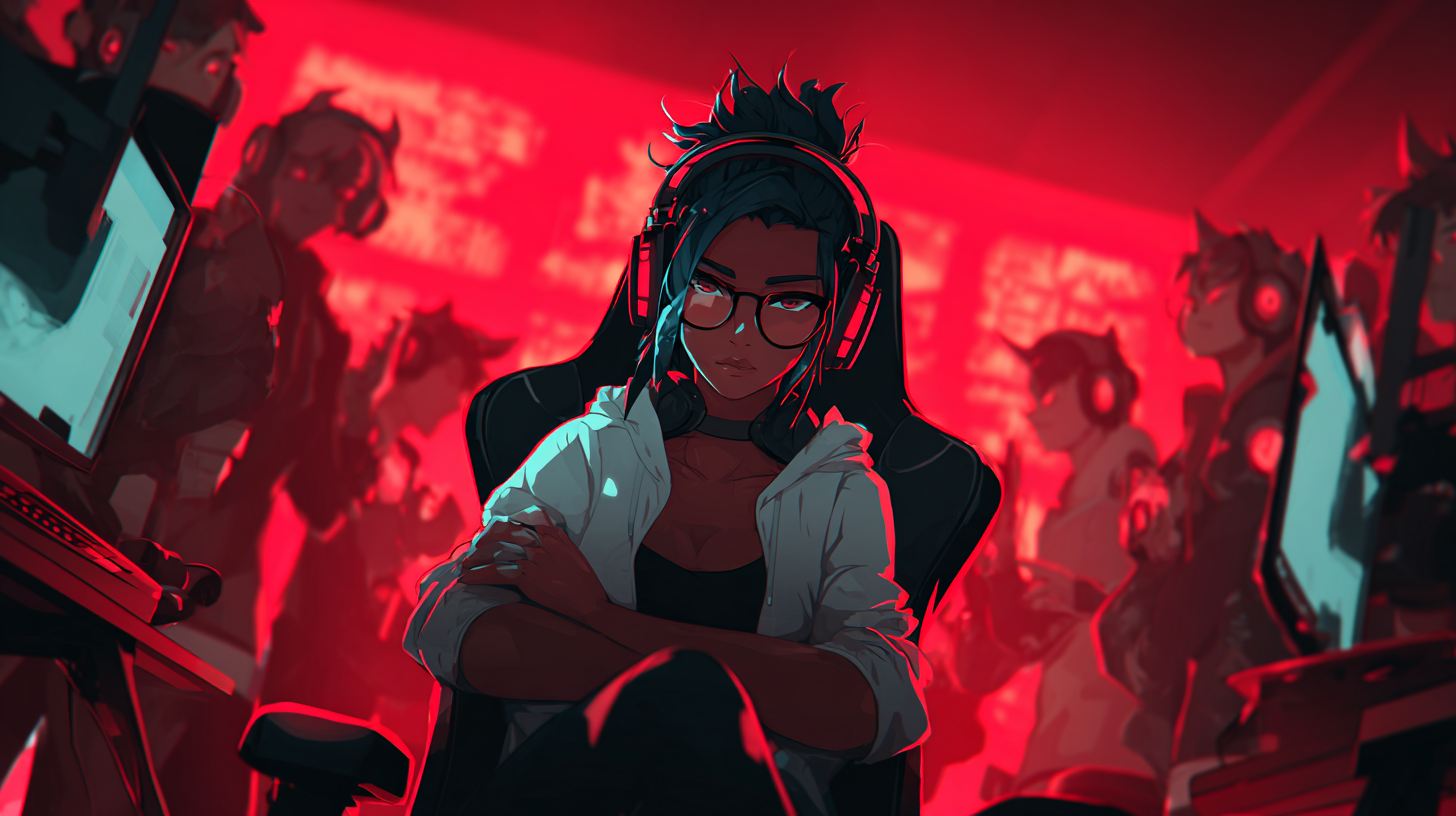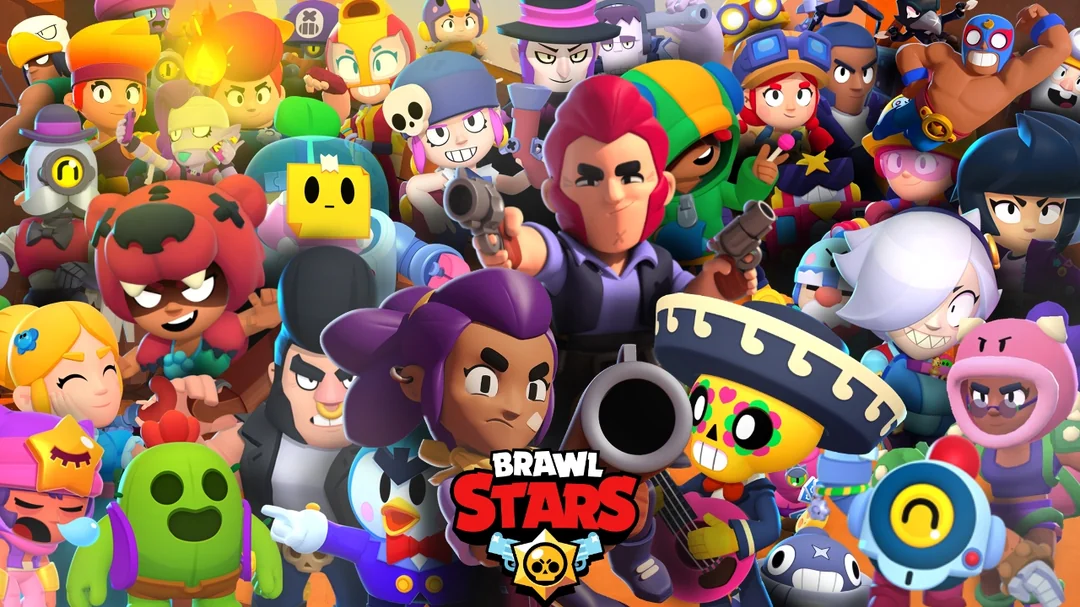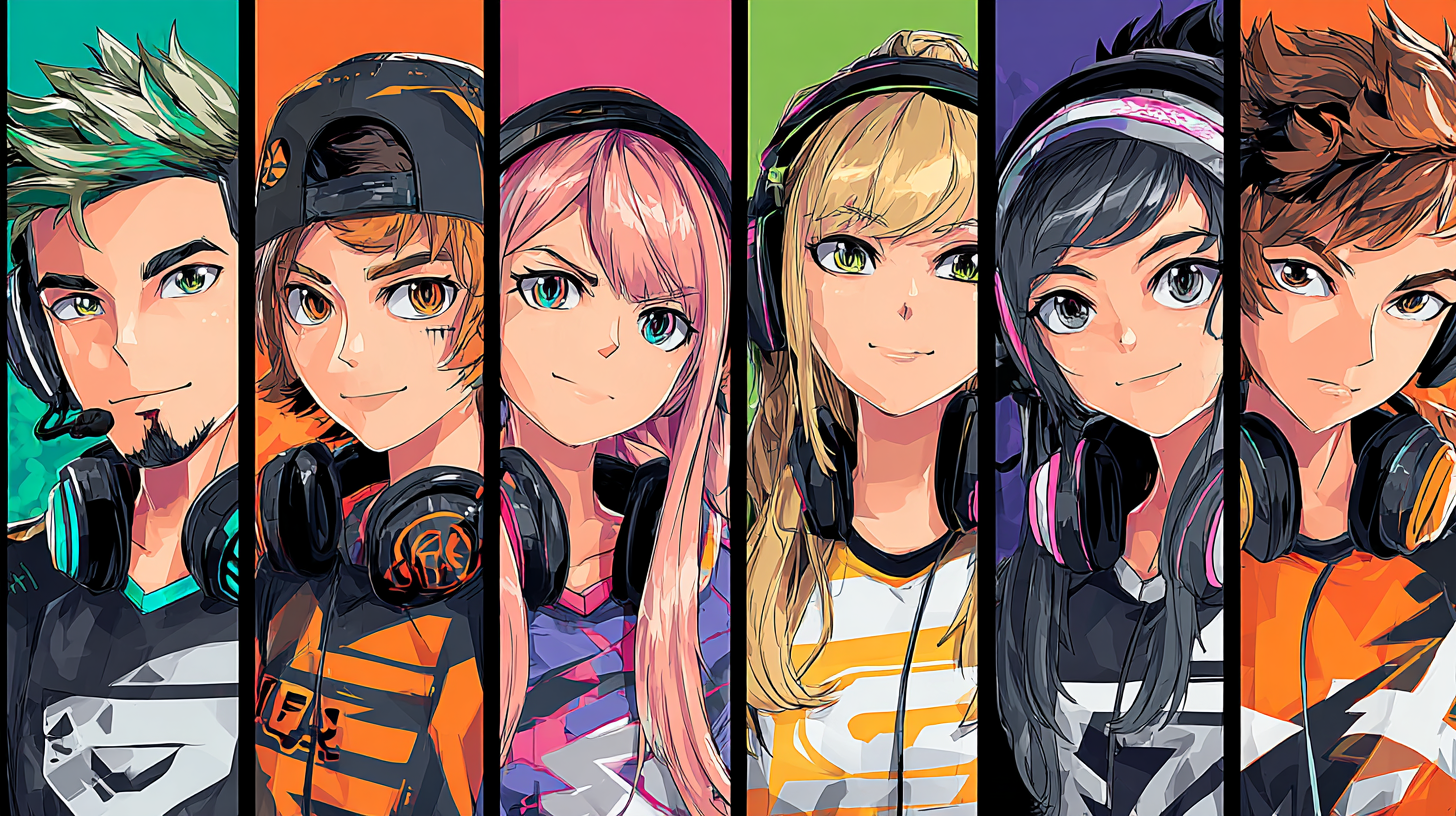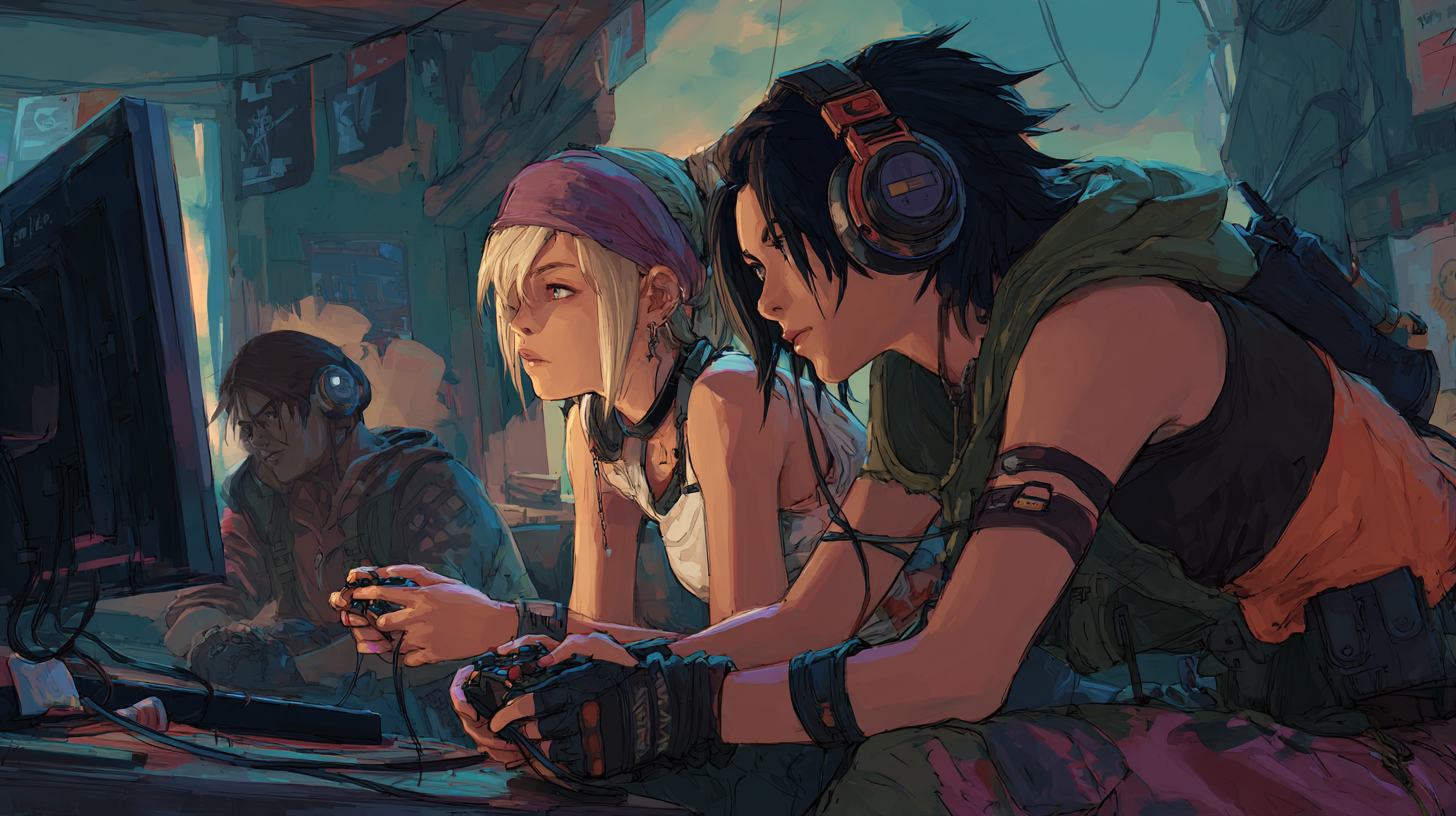Your Discord server just exploded. Two popular members are arguing in public channels, sides are being taken, and what started as a simple disagreement about team composition has somehow escalated into personal attacks and threats to leave the community. Welcome to the inevitable reality of gaming community leadership.
Every successful gaming community eventually faces drama. The difference between communities that thrive and those that implode isn't the absence of conflict – it's how leaders handle it when it inevitably arrives.
Introduction
After surveying 200+ gaming community leaders managing groups from 50 to 10,000 members, we've identified the core strategies that separate drama-managed communities from drama-destroyed ones. The harsh truth? 68% of gaming communities that experience major drama either dissolve completely or lose 40%+ of active members within three months – unless leaders intervene effectively.
Drama management isn't about being a perfect moderator or having the most detailed rules. It's about understanding human psychology, establishing clear systems before problems emerge, and knowing when to act decisively versus when to let situations naturally resolve.
While building communities can be challenging, platforms like Jynx are making it easier with built-in moderation tools and role-based permissions that help prevent drama before it starts.
Understanding the Drama Lifecycle
Gaming community drama follows predictable patterns. Recognizing these stages allows you to intervene at the optimal moment.
Stage 1: The Spark (Initial Disagreement)
Drama rarely erupts from nowhere. It typically begins with:
Minor disagreements that seem harmless:
- Debate about optimal game strategies
- Friendly banter that crosses an invisible line
- Disagreement about community rules or decisions
- Competition for leadership attention or status
Resource conflicts:
- Who gets promoted to moderator
- Raid spot assignments in MMO guilds
- Team roster selections for competitive groups
- Access to premium community features
Personality clashes:
- Different communication styles (direct vs diplomatic)
- Competitive vs casual player mindsets
- Activity level expectations varying wildly
Most sparks fizzle naturally. Leaders who overreact at this stage often escalate rather than resolve issues.
Stage 2: The Escalation (Public Involvement)
The spark becomes drama when it moves from private disagreement to public spectacle:
Public call-outs: One party posts grievances in general chat or community forums, forcing others to witness and potentially choose sides.
Emotion amplification: What was logical disagreement becomes personal attacks. Messages shift from "I disagree with your strategy" to "You're ruining this community."
Third-party involvement: Friends of the original parties join the argument, expanding a two-person disagreement into factional warfare.
Documentation warfare: Screenshots get shared, DMs exposed publicly, and "evidence" compiled to prove who's "right."
This is the critical intervention point. Act too early and you're micromanaging; wait too long and you're ineffective.
Stage 3: The Fallout (Community Impact)
Unmanaged escalation creates lasting damage:
Member exodus: People leave to avoid drama, even if they weren't involved. Active members go silent or disappear entirely.
Trust erosion: Community members question leadership competence and fairness.
Rule exploitation: Bad actors realize they can manipulate situations for attention or power.
Reputation damage: Public drama spreads to other communities, making recruitment difficult.
This is exactly why AI-powered matchmaking is revolutionizing how gamers connect – it helps you find compatible community members whose personalities and communication styles naturally mesh, reducing drama triggers before they occur.
Prevention: Building Drama-Resistant Communities
The best drama management is prevention. Structure your community to minimize conflict triggers.
Establish Clear Cultural Expectations
Don't just write rules – define culture:
Communication standards: Specify how disagreement should be handled. Example: "Criticize strategies, not people. Take personal conflicts to DMs or moderators."
Conflict escalation procedures: Create an explicit path: Direct message first → Moderator mediation → Leadership decision.
Consequence transparency: Members should know exactly what behaviors trigger warnings, temporary bans, or permanent removal.
Decision-making clarity: Who makes what decisions? Ambiguity breeds resentment when members feel excluded or surprised.
Design Structural Safeguards
Community architecture impacts drama frequency:
Private feedback channels: Create moderator-only channels where members can report issues without public escalation.
Cool-down mechanisms: Implement "slow mode" in heated channels or temporary channel locks during active conflicts.
Role-based permissions: Limit who can post in announcements, use @everyone mentions, or access certain channels. This prevents drama broadcasting.
Mandatory waiting periods: New members get limited permissions for 1-7 days, preventing drive-by trolling.
Small group subdivisions: Keep most interactions in 20-30 person channels rather than server-wide chats. Smaller groups = less drama amplification.
Select and Empower Moderators Wisely
Your moderation team is your first line of defense:
Diversity in perspectives: Don't appoint only your friends. Include different playstyles, skill levels, and communication styles.
Clear authority boundaries: Moderators need explicit permission to act during conflicts. Requiring leadership approval for every timeout creates response delays that allow drama to spread.
Regular training and alignment: Monthly moderator meetings to discuss challenging scenarios and align on response strategies.
Burnout prevention: Rotate moderation duties. Constant drama management exhausts even dedicated volunteers.
Support and backup: Never leave moderators alone to handle major conflicts. Leadership should be available for escalation.
Active Conflict Resolution Strategies
When drama erupts despite prevention efforts, deploy these proven resolution techniques.
The Immediate Response Protocol
First 30 minutes determine outcome success:
1. Acknowledge quickly: Public acknowledgment that you're aware and handling it. "We see the ongoing discussion and are reviewing. Please move this to DMs while we assess."
2. Separate combatants: Move heated discussions to private channels or DMs immediately. Public conflict feeds on audience.
3. Gather facts: Talk to each party individually before making judgments. Get their perspective without the other present.
4. Identify the real issue: Surface-level arguments usually mask deeper problems. The fight about game strategy might really be about feeling disrespected or excluded.
5. Assess blast radius: How many people are involved? Is this contained or spreading? Adjust response intensity accordingly.
The Private Mediation Approach
For conflicts involving 2-4 people:
Individual conversations first: Speak to each party separately. Let them vent emotions privately without judgment. Often people just need to feel heard.
Find common ground: Almost everyone wants the same thing – a positive community experience. Remind them of shared goals.
Reframe the narrative: Help combatants see the other perspective. "When you said X, they heard Y. What did you actually mean?"
Propose specific solutions: Don't just say "work it out." Offer concrete actions: "Agree to avoid this topic for a week" or "Only discuss strategies in the designated channel."
Document agreements: Have parties confirm resolution in writing. This prevents "I never agreed to that" revisionism.
Ready to find your perfect gaming squad? Jynx's AI matchmaking analyzes playstyle, skill level, and personality to connect you with compatible teammates who share your conflict resolution style and communication preferences.
The Public Address Strategy
For drama that's already public and spreading:
Transparency without details: Address the situation publicly without exposing private information. "We're aware of tensions between members. Leadership is handling it privately."
Reaffirm values: Remind the community of shared standards. "We're a community that values respectful disagreement. Personal attacks aren't acceptable here."
Set boundaries: "We're addressing this privately. Public discussion of this situation is now closed. Further posts will be removed."
Follow through visibly: Community needs to see consequences apply fairly. If you said someone would face a timeout, implement it.
Move forward deliberately: After resolution, explicitly signal moving on. "The situation is resolved. We're refocusing on [upcoming event/tournament/content]."
De-escalation Techniques for Heated Situations
Some conflicts require immediate de-escalation before resolution can even begin.
The Emotional Reset
When emotions run too high for productive conversation:
Implement cooling-off periods: Separate parties for 24-48 hours with explicit "we'll revisit this Thursday" timeline. Emotions settle with time.
Redirect energy: Give upset members productive tasks. "Help me plan Friday's tournament" refocuses frustration into contribution.
Private emotional validation: "I understand you're upset. Your feelings are valid." Validation ≠ agreement, but it reduces defensiveness.
Remove audience: Drama feeds on attention. Move discussions to private channels where there's no audience to perform for.
The Perspective Shift
Help combatants see beyond their immediate anger:
Future projection: "How will you feel about this in a month? Will this matter?"
Empathy prompting: "They probably didn't intend to upset you. What might they have been trying to communicate?"
Community impact framing: "This affects everyone here. How do we resolve this while protecting the community?"
Common enemy redirect: Remind people of shared opponents (rival communities, difficult game content) that unite rather than divide.
Moderation Best Practices
Effective moderation prevents small issues from becoming community-destroying drama.
Consistent Enforcement
Apply rules uniformly: Friends and strangers get identical treatment. Perceived favoritism destroys trust faster than any drama.
Document everything: Keep records of warnings, timeouts, and bans with reasoning. This protects you from accusations of bias.
Progressive discipline: First offense = warning, second = timeout, third = ban. Exceptions for extreme violations only.
Public accountability: Post monthly transparency reports showing moderation stats (X warnings, Y timeouts) without naming individuals.
The Warning System
Effective warnings prevent escalation:
Specific, not vague: "Don't call people idiots (Rule 3: Respect)" beats "Be nice."
Private by default: Public warnings humiliate and create resentment. DM warnings preserve dignity.
Educational, not punitive: "Here's why this violated rules and how to do it differently" beats "You're warned."
Escalation clarity: "This is your second warning. One more results in a 48-hour timeout."
When to Ban
Permanent removal should be rare but decisive:
Immediate ban offenses:
- Doxxing or real-world threats
- Hate speech or severe harassment
- Persistent ban evasion
- Illegal activity
Three-strike approach for most issues: Warn → Timeout → Ban gives people chances to correct behavior.
Community consultation for major decisions: For long-time members, get moderator consensus before permanent bans.
No public ban announcements: "X has been removed" invites speculation and drama. Simply remove and move forward.
How Jynx Helps Prevent Community Drama
Jynx's community features are designed to minimize drama triggers:
Role-based permissions system: Community leaders can assign granular permissions by role, preventing members from accessing drama-prone features like @everyone mentions or certain channels until they've proven trustworthy.
Community boost system (Level 0-3): Members collaboratively unlock premium features, creating shared goals that unite rather than divide. Drama becomes less appealing when it threatens community progress.
Interest-based communities: Organizing around specific playstyles (aggressive, tactical, casual, competitive) naturally filters for compatible personalities, reducing personality-clash drama.
Real-time chat with sequence-based ordering: Clear message threading and organization prevent the chaos of overlapping arguments that characterize Discord drama escalation.
30-member free communities: Smaller community sizes make it easier to maintain culture and moderate effectively. Jynx encourages quality over quantity.
When to Let Communities Fail
Sometimes the healthiest decision is letting a drama-filled community die:
Signs it's time to close:
- Moderators are burning out faster than you can replace them
- More time spent on drama management than community building
- Core toxic members refuse to leave or change
- Drama becomes the community's identity
- You personally dread logging in
Graceful shutdown process:
- Announce closure with 2-4 week timeline
- Offer to help members find alternative communities
- Archive valuable resources (guides, strategies)
- Close channels gradually rather than instant deletion
- Maintain small private group for genuine friends made
Fresh start considerations:
- Smaller, more curated membership
- Stricter entry requirements
- Different leadership structure
- Explicit culture definition from day one
Conclusion
Gaming community drama is inevitable, but community destruction isn't. The leaders who succeed understand that perfect communities don't exist – resilient communities do. They prepare for conflict before it arrives, respond decisively when it emerges, and know when to let destructive members go rather than sacrificing community health.
Your job as a community leader isn't to prevent all disagreement – that's impossible and undesirable. Your job is creating systems that handle conflict constructively, protecting the majority from the minority's chaos, and maintaining the positive culture that made people join in the first place.
Start implementing these prevention strategies today, train your moderators on these de-escalation techniques, and watch your community transform from drama-prone to drama-resilient.
Download Jynx today and discover how AI can help you build gaming communities with compatible members whose personalities naturally mesh – reducing drama before it starts and helping you focus on what matters: gaming together.
Frequently Asked Questions
Q: Should I intervene in every disagreement? A: No. Only intervene when conflicts become personal attacks, spread to public channels, or persist beyond initial exchange. Most minor disagreements resolve naturally.
Q: How do I handle drama involving moderators? A: Hold moderators to higher standards. Address moderator conflicts immediately and privately. If a moderator is the problem, remove them quickly – their position amplifies damage.
Q: What if the drama involves me as the leader? A: Have a trusted co-leader or senior moderator mediate. If you're part of the conflict, you can't be the judge. Acknowledge your involvement and step back from resolution.
Q: How long should timeouts last? A: For first offense: 24-48 hours. Second offense: 3-7 days. Third offense: permanent ban. Severe violations skip straight to permanent removal.
Q: Should I ban members who leave during drama then try to return? A: Assess case-by-case. If they left peacefully: welcome back. If they left dramatically, trashed the community elsewhere, then want to return: usually deny. Drama tourists aren't worth the risk.



